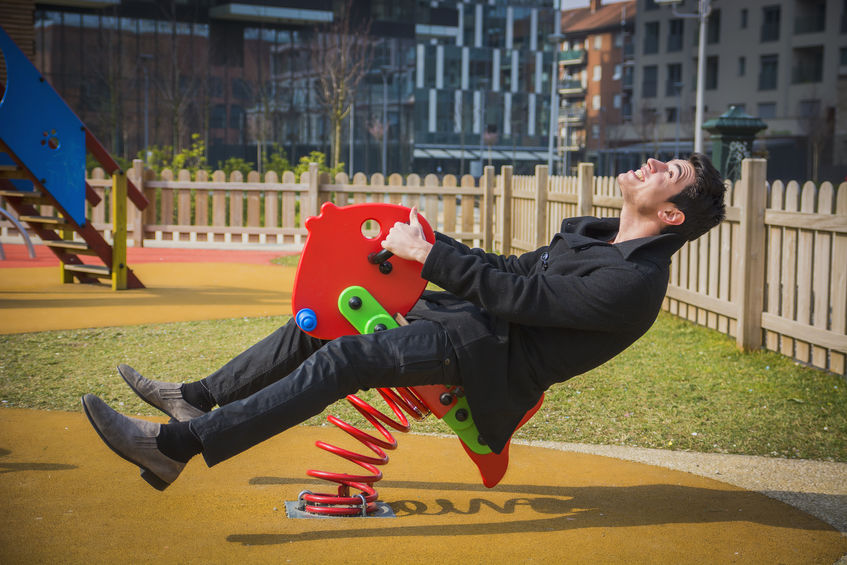Why Time Management
is Etiquette-ful

Regardless of your age or profession, time management helps in living a rewarding life. When you are etiquette-ful, others take you seriously and are comfortable around you. Being mindful of your and others’ time is a major responsibility when aiming for success.
The Time is Now
Everyone wishes there were more time, and of course we don’t know what the future will bring. But we are here now and this moment will never come again. Being mindful that time is scarce and that we only get so much of it can be an inspiration to make time your friend.
You might think, “Managing time leads to mindfulness?” It’s true, even though it sounds paradoxical. Enjoying our lives, getting work done, planning for the future, taking care of business, the house, kids, pets, can feel overwhelming if lumped together in the mind.
That’s why we need to have a plan, a timeline, to manage our moments and avoid distractions that can ruin the closing thoughts of the day and keep us from meeting goals in tune with our priorities. In the words of Benjamin Franklin, “If you fail to plan, you plan to fail.”
However, it’s difficult to plan your time when you aren’t certain of your priorities. The busy-ness of life can sometime cloud our priorities because we tend to prioritize in the moment. Whatever squeaks, squeals, or screams the loudest, becomes our current priority at the time.
But if you can generalize your priorities, and focus on them in every moment, you always know what you’re working towards. This keeps you focused so that when something distracts you, you can more easily decide if it deserves your attention.
What are your priorities right now?
- Ask yourself, “What is most important and meaningful in my life today that I am not willing to compromise or sacrifice in pursuit of something else?”
- Write down your top three things and place them where you can see them several times a day as a reminder.
Practical Scheduling for Time Management
Even with a priority list firmly in mind, attention to time management with a daily to-do list helps keep us in balance.
- Be deliberate with goals coming from your priorities and what you need to do to meet them. Having a realistic expectation of what it takes helps map out a practical timeline for accomplishment.
- Make a list of appointments, tasks, or activities as they come up. At the end of each day, plan your next day. Review your notes and adjust your timeline if needed. (Writing things down frees you from the worry of remembering.)
- Be realistic and avoid overloading your schedule. Knowing how to prioritize will be most helpful here.
- Always schedule time for yourself and for “doing nothing.” Free time is time to relax, have fun and “Just be.”
A time-organized-you is a more friendly you. The feeling of being organized and having your priorities built into a calendar feels good. Priorities-based, you know what is important to you. By default, this brings a sense of confidence and well-intendedness to your goals and making you a kinder, more relaxed person to others. And there is a bonus: people are bound to be nice in return!














